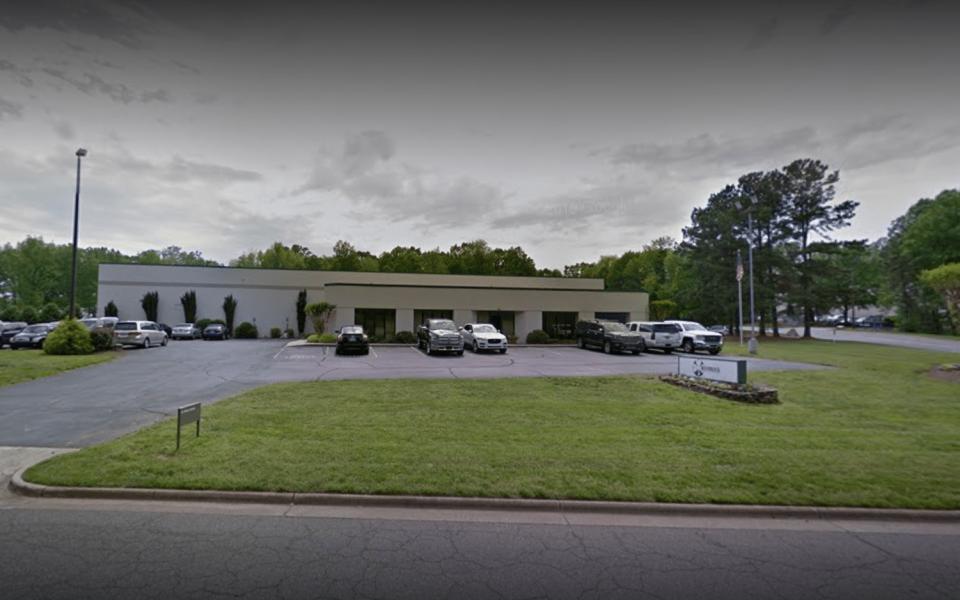On Aug. 7, an undisclosed quantity of a cancer-causing chemical compound was accidentally released from a Shamrock Environmental Corp. waste-processing facility in Greensboro’s Bryan Park Industrial complex. It was enough to spike the levels of this chemical compound — an industrial solvent known as 1, 4-dioxane — in the downriver communities of Pittsboro and Fayetteville 300 times above safe levels as set by the EPA.
The city of Greensboro addressed the contamination directly in a press release issued Tuesday afternoon, roughly 24 hours after the story broke.
There’s a lot to unpack here: a company’s accidental spill of a carcinogen into a waterway that ultimately provides drinking water for about a third of the state; the fact that both Greensboro and the state Department of Environmental Quality withheld the nature of the accident and the name of the company itself until the Tuesday press release; the power of watchdog journalism to hold government and corporate players accountable for their misdeeds.
That last bit, naturally, interests us the most — and, of course, its inverse property: What happens when there’s no one there to catch these pieces of news?
In days gone by, this story would have been the purview of a state environmental reporter at a large, daily newspaper or maybe — maybe — the final project of a journalism grad student. But this one came to the public record through NC Health News, one of a spate of nonprofit journalistic efforts in North Carolina that have been filling the gaps left by decimated newspaper staffs.
Like a lot of other journalism nonprofits, NC Health News is staffed by actual reporters and editors — Greg Barnes, who broke the 1, 4-dioxane story spent 30 years at the Fayetteville Observer before moving over to this new manifestation of the First Amendment. And its reporting is getting results.
Greensboro responded with a press release the very next day; by late afternoon, WECT News in Wilmington reported that the DEQ would be investigating the incident in Greensboro.
The demise of local newspapers means that more stories of malfeasance, ineptitude and corruption will slip through the net. Yet people are consuming more journalism now than at any other point in history.
It’s heartening to know there are still good people out there with notebooks, asking questions, rising to meet the demand.
Join the First Amendment Society, a membership that goes directly to funding TCB‘s newsroom.
We believe that reporting can save the world.
The TCB First Amendment Society recognizes the vital role of a free, unfettered press with a bundling of local experiences designed to build community, and unique engagements with our newsroom that will help you understand, and shape, local journalism’s critical role in uplifting the people in our cities.
All revenue goes directly into the newsroom as reporters’ salaries and freelance commissions.


Leave a Reply